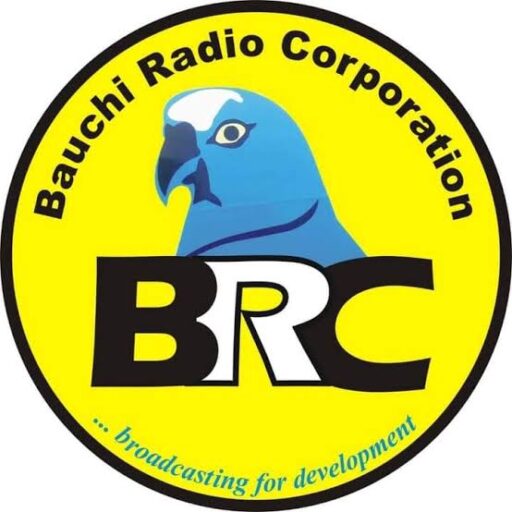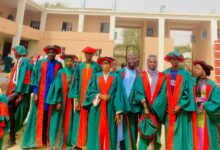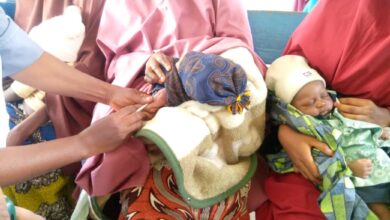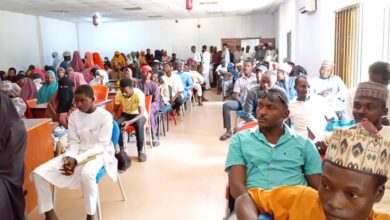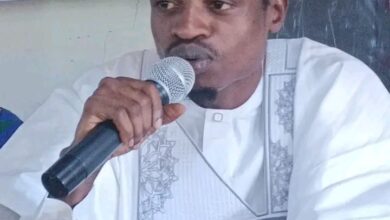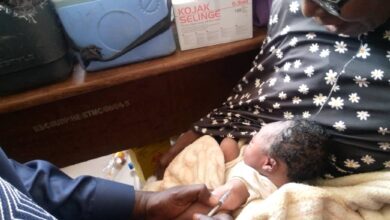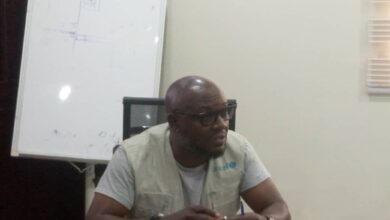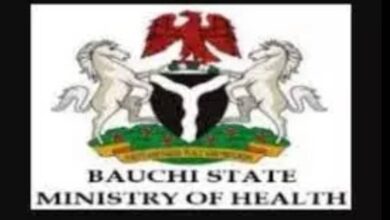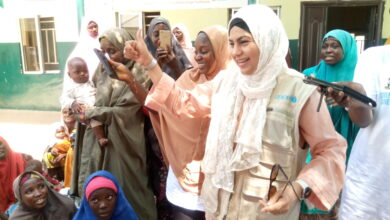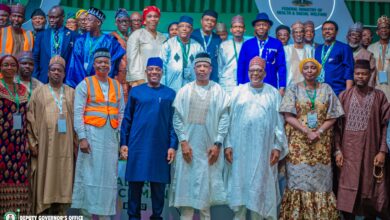BAUCHI STATE HOUSE OF ASSEMBLY PASSES BILL FOR SECOND READING ON THE AMENDMENT OF BAUCHI STATE PRIMARY HEALTH DEVELOPMENT BOARD
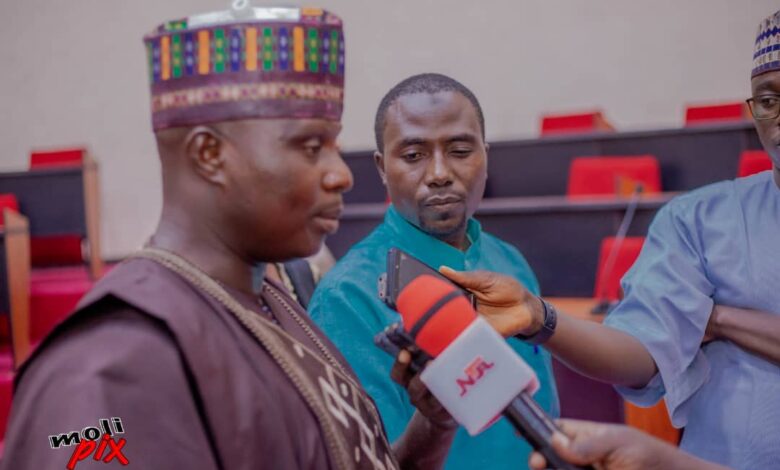
By Rabi’u Ishaq Muhammad:
Bauchi State House Of Assembly has passed into second reading, a bill to provide for an amendment of Bauchi State primary Health Care Development Board.
This is coming when the chairman state assembly committee on health and human services Lawal Dauda presented the bill for debate during plenary.
In his presentation, the lawmaker emphasized the need to create a new menstrual Hygiene department under section eight of the principal law with units, such as, pad banks, distribution, enlightenment and awareness, records, monitoring and evaluation.
Lawal Dauda revealed that, the bill is timely and important and when passed into law, will facilitate menstrual hygiene management, promote social and economic empowerment as well as growth to achieving a number of sustainable Development Goals.
According to him, statistics obtained from a survey by the United Nations Children Funds, indicated that, one million pupils misses school every day due to lack of access to sanitary pad.
He added that, many studies have revealed that, most girls have no prior knowledge about menstruation and its management.
Debating on the bill, the member representing Chinade/Madara, Dr. Nasiru Ahmed Ala, that of Disina, Sale Hodi commended the sponsored of bill, saying it will contribute to the empowerment of girls and gender equity by ensuring that menstruation does not become an impediment to the girl child education.
In his ruling, the speaker Abubakar Y. Sulaiman referred the bill back to the House committee on health and human services and is given two weeks to report back for legislative consideration.
Meanwhile, the Speaker of the state assembly Abubakar Sulaiman has announced changes in some of the house standing committees.
Announcing the changes during plenary, the speaker said the move is to enhance legislative functions and performances of the lawmakers, saying the changes will be on routine to complement government efforts of strengthening good governance and meeting the yearnings and aspirations of the citizenry.
